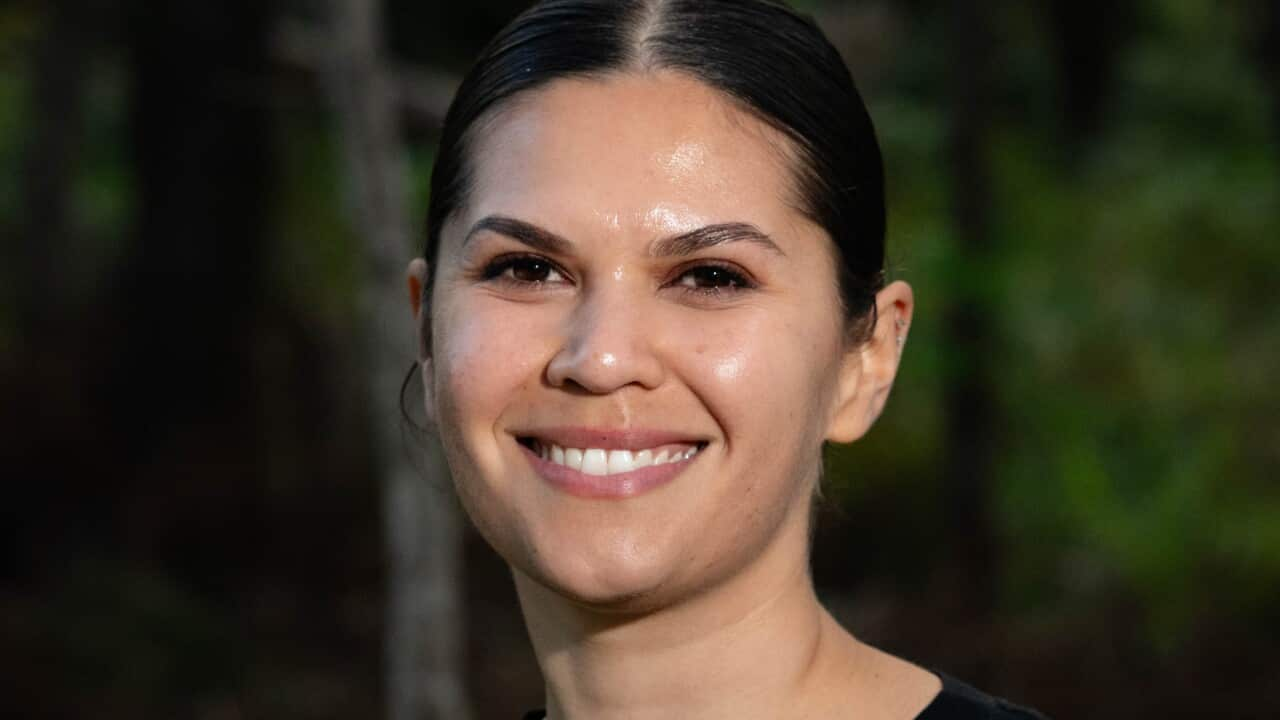Born into Nicaragua's Indigenous Miskito community, Rose Cunningham is only too well aware of the challenges girls face in getting their voices heard in a culture dominated by men.
"Until recently, an Indigenous woman was invisible, behind the man, they were shadows," said Cunningham, who will be sworn in this week.
One of her priorities as mayor will be to combat sexual and domestic violence against women and human trafficking, she told the Thomson Reuters Foundation.
Sharing a porous border with Honduras, Nicaragua's remote northern coastal areas are corridors for all types of cross-border trafficking.
"There are many blind spots [along the Honduras border] through which people can go through. There's trafficking of all kinds - drugs, arms and people," she said.
Indigenous women and children are particularly at risk of being trafficked into the sex trade, Cunningham said. Traffickers prey on poor Indigenous families with false promises of good jobs in cities and tourist hotspots in Nicaragua and across its borders, often as domestic workers or farm labourers.
"It's easier to trick a woman from a poor community with little education," Cunningham said.
Traffickers are known to operate in schools where they lure teenagers with false offers of work, according to the U.N.'s children agency UNICEF.
With her election victory, Cunningham has defied social norms that dictate women stay in the kitchen, look after children and stay silent about domestic abuse.
Watch: Rose Cunningham speaks about International Women's Day (English translation found below video)
She said as mayor she would confront macho attitudes in society that fuel violence against women, a problem UN Women has described as a "national epidemic" in Nicaragua.
"There are different types of violence that women face, physical, sexual and psychological," Cunningham said.
Girls walking long distances to get to school are particularly at risk of being sexually assaulted along their journey.
She said engaging with male village elders and airing radio shows in the local Miskito language about women's rights and the dangers of trafficking could help combat gender violence.
Women across Nicaragua are increasingly occupying positions of power at the local government level due to a 2012 quota requiring gender parity. As a result, the Central American nation now boosts the region's highest number of women mayors with women making up 40 percent of mayors, followed by Cuba.
Across the region, women account for less than 14 percent of elected mayors, according to the U.N. Economic Commission for Latin America and the Caribbean (ECLAC).
The Thomson Reuters Foundation is the charitable arm of Thomson Reuters, covering humanitarian news, women's rights, trafficking, property rights, climate change and resilience.









